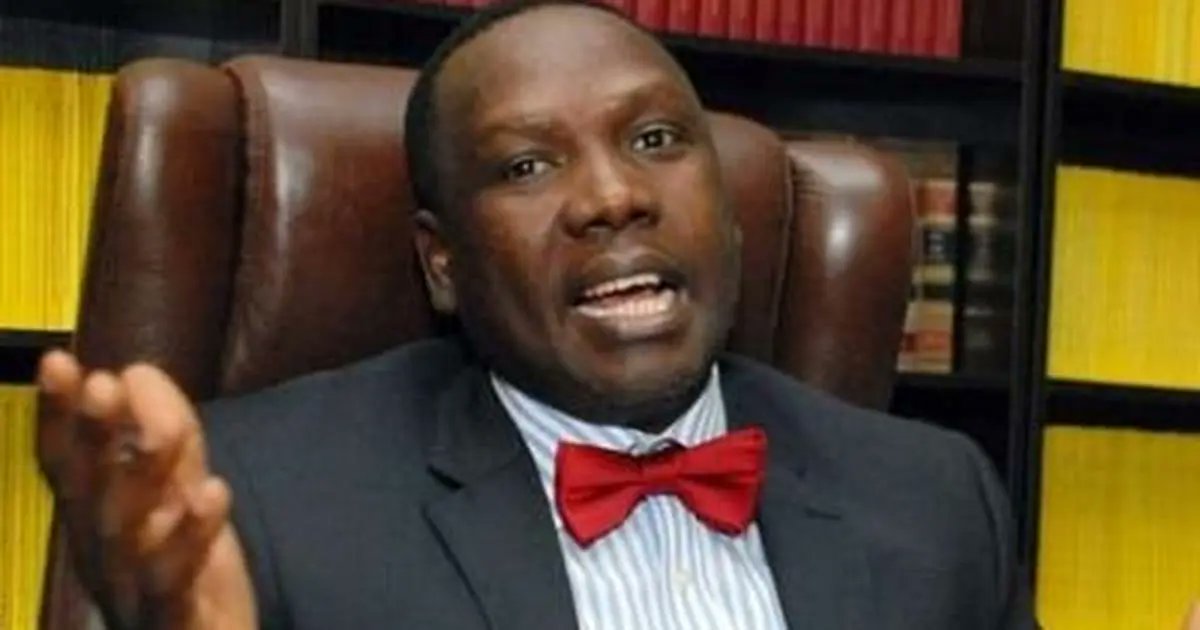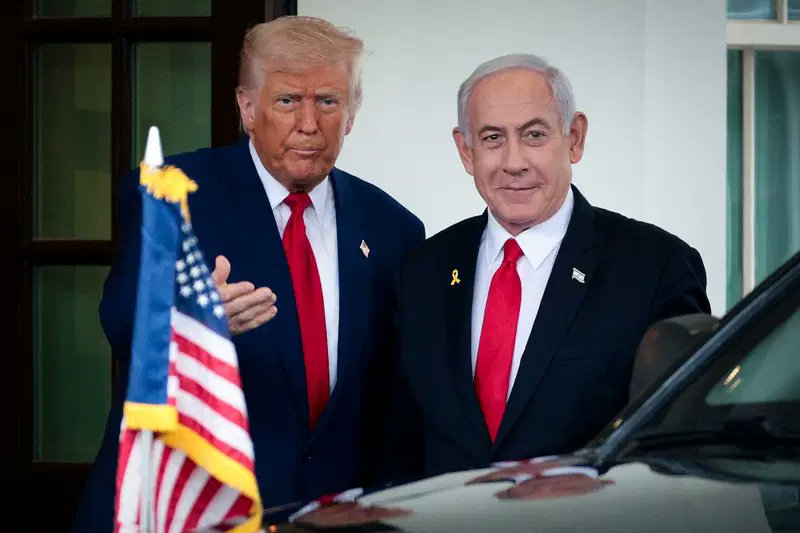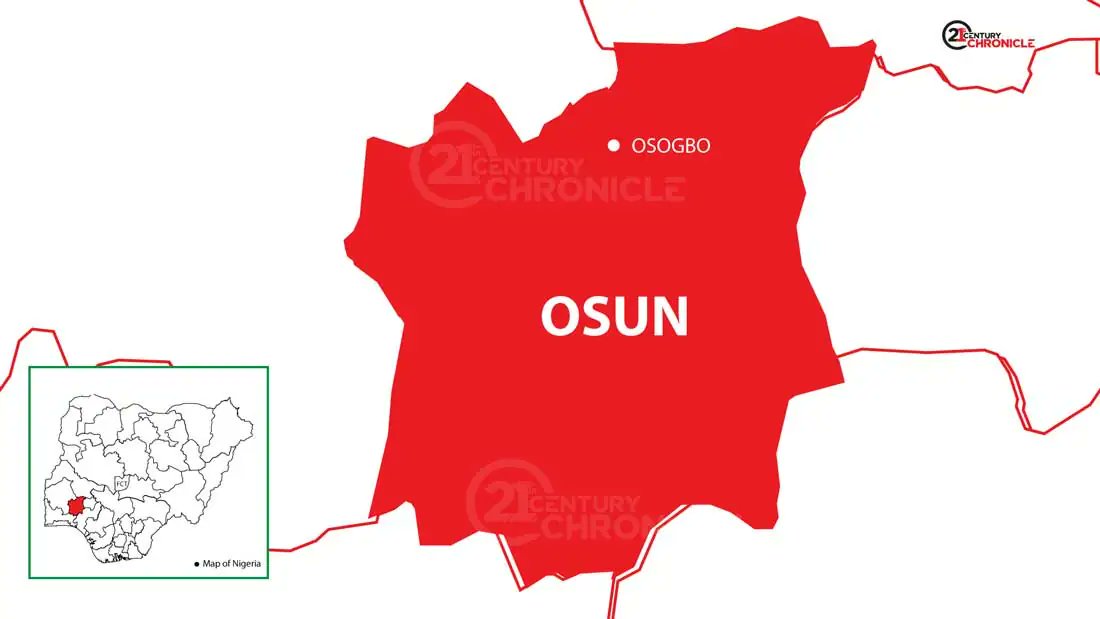
“No VP Slot for Obi in 2027 — He’s Only Eyeing 2031 Presidency,” Says Daniel Bwala in Blunt Political Forecast

In a striking political commentary that has stirred fresh debates across Nigeria’s political landscape, legal expert and political strategist, Daniel Bwala, has asserted that former Labour Party presidential candidate Peter Obi stands no realistic chance of clinching a vice-presidential slot in the 2027 elections. According to Bwala, Obi’s path does not include playing second fiddle to any candidate in the next general election, effectively declaring that the former Anambra State governor can only realistically pursue the presidency in 2031.
Bwala, who was a prominent spokesperson for the Atiku Abubakar presidential campaign in 2023 before switching support to President Bola Ahmed Tinubu, made these remarks during a television interview that has since gone viral and ignited a torrent of reactions online and within political circles. His prediction was not only bold but direct: Obi will not be on any major ticket as a running mate in 2027 — not for the Peoples Democratic Party (PDP), the All Progressives Congress (APC), or any third-force alliance.
“There is absolutely no political pathway that leads Peter Obi to a vice-presidential position in 2027,” Bwala stated unequivocally. “Obi has cultivated a brand of singular ambition and ideological purity — he cannot and will not submit himself to be anyone’s deputy. He’s too far gone in the image he has built.”
The statement lands at a time when political speculation is already heating up, despite the 2027 election being more than two years away. Obi, who captured the imagination of millions of young Nigerians in 2023 under the Labour Party, has remained a vocal figure in Nigerian politics. But Bwala’s commentary has sparked discussion over the limits of Obi’s political capital, especially within a system that thrives on backdoor alliances, zoning permutations, and cross-party marriages.
According to Bwala, Obi’s refusal to negotiate or consolidate alliances before the 2023 election was a missed opportunity that continues to isolate him politically. “The 2023 election was his best shot, but he failed to build the coalitions that were necessary to win. Now, in 2027, the power blocs are already shifting and re-aligning. He is not a part of those new conversations,” Bwala explained.
Political observers note that Bwala’s comments are rooted in the realities of Nigeria’s ethno-regional voting behavior and party structure dominance. The Labour Party, though gaining unprecedented attention in the last general election, still lacks the nationwide political infrastructure to mount a competitive challenge on its own. For many in mainstream politics, Obi’s momentum in 2023 was impressive but ultimately insufficient, especially in the absence of broader alliances with either the PDP or smaller but influential regional parties.
In Bwala’s words, “Peter Obi was a movement in 2023, but movements don’t win national elections without political engineering. You need governors, you need state structures, and most of all, you need alignment with the political elite — he has none of those right now.”
He added that 2027 will likely be a battleground between two dominant forces: the incumbent APC and a potentially restructured PDP. If the PDP hopes to mount any serious challenge against the Tinubu-led APC, Bwala believes their candidate must emerge from the North, once again pushing Obi out of the central conversation due to zoning dynamics.
Even more telling is Bwala’s assertion that if Obi attempts another presidential bid in 2027, he will likely perform worse than in 2023. “The mystique of Obi is fading,” Bwala said, pointing to what he described as Obi’s “radio silence” in the face of ongoing national issues. “A leader who wants to rule Nigeria must be consistent in engaging the people. You cannot appear every four years and expect miracles.”
Obi’s supporters, however, are not taking Bwala’s comments lightly. The “Obidient” movement, as they are known, have flooded social media with counter-narratives, suggesting that Bwala’s remarks are politically motivated and aimed at discrediting Obi’s future ambitions. Many have described Bwala as a “political nomad” who has lost credibility due to his shifting loyalties. Some even accused him of attempting to create friction between Obi and other opposition figures, possibly to curry favor with the ruling APC.
But Bwala has stood by his claims, even doubling down in a follow-up post on social media. “Mark my words — Peter Obi will not be VP to anyone in 2027, and if he runs for President again, he will not finish third. He will finish lower,” he tweeted.
The fiery comments come at a critical time for Obi himself, who has yet to publicly declare any political intention for 2027. His recent appearances have been mostly policy-centered, with an emphasis on national reform, economic restructuring, and good governance. But observers believe that behind the scenes, Obi is carefully recalibrating his strategy, possibly waiting for the political temperature to rise before showing his hand.
If Bwala is correct, then the road to 2027 is already narrowing for Peter Obi, and his chances of holding significant political office again might be deferred until 2031, when, according to Bwala, a new cycle of political realignment may allow Obi to re-emerge as a serious contender. However, critics of this view argue that Nigerian politics is far too fluid for such long-term projections to hold firm. They point to past candidates like Muhammadu Buhari, who suffered multiple defeats before eventually rising to power, as proof that political fortunes can be reversed with persistence and the right timing.
Still, one thing is certain: Bwala’s forecast has reignited the conversation around Peter Obi’s political future and forced both supporters and opponents to take stock of what comes next. As Nigeria inches toward another pivotal electoral season, Obi’s silence may soon have to give way to declarations — and when that time comes, the country will be watching closely to see if Daniel Bwala’s bold prediction was mere political punditry or a prophetic insight into the ever-shifting tides of Nigerian politics.

